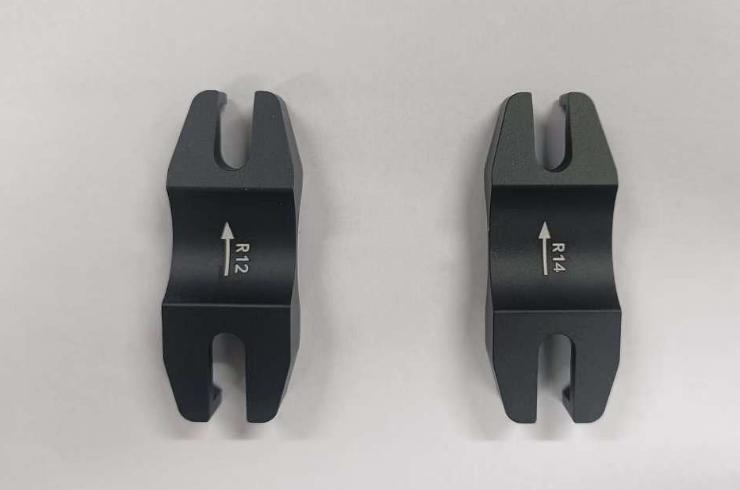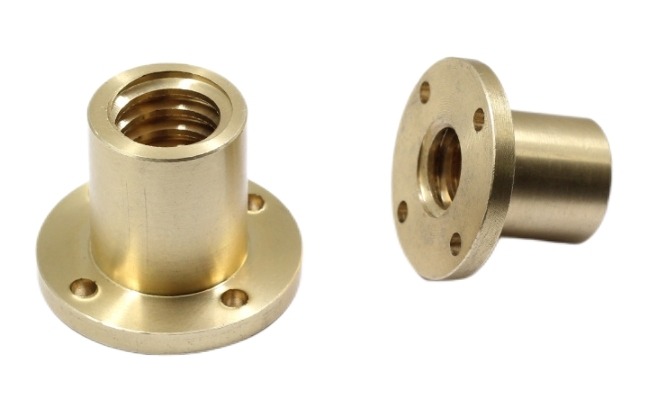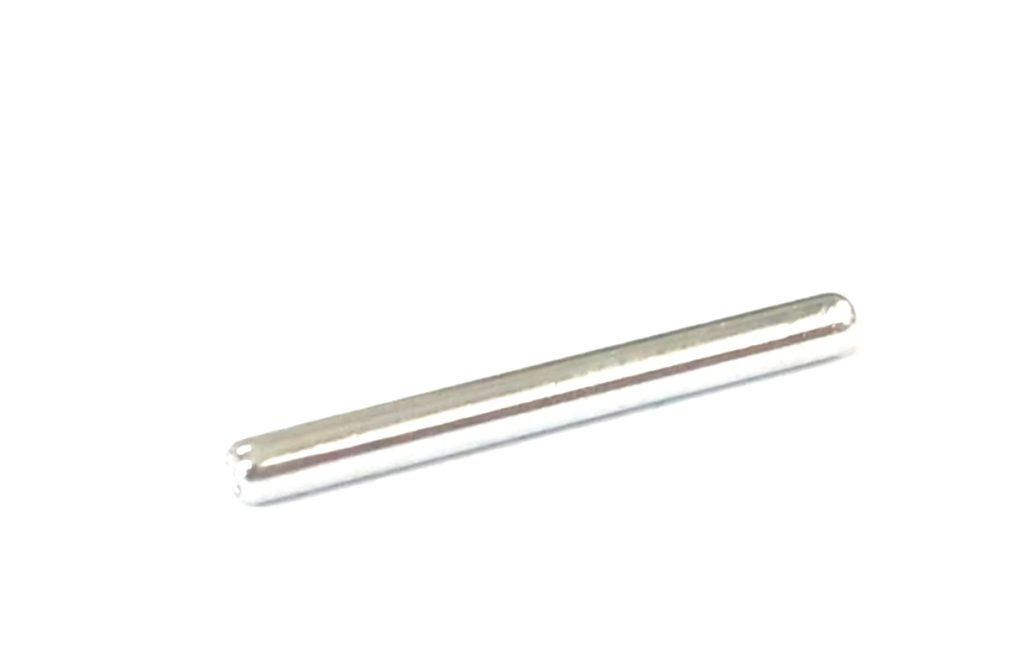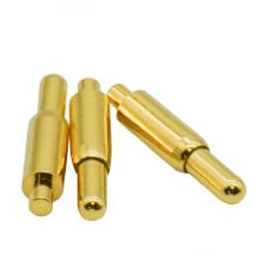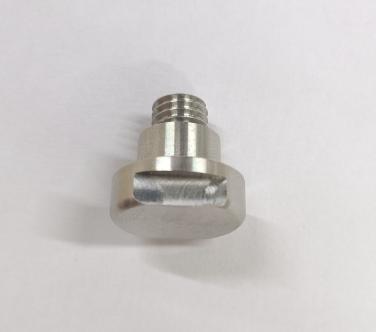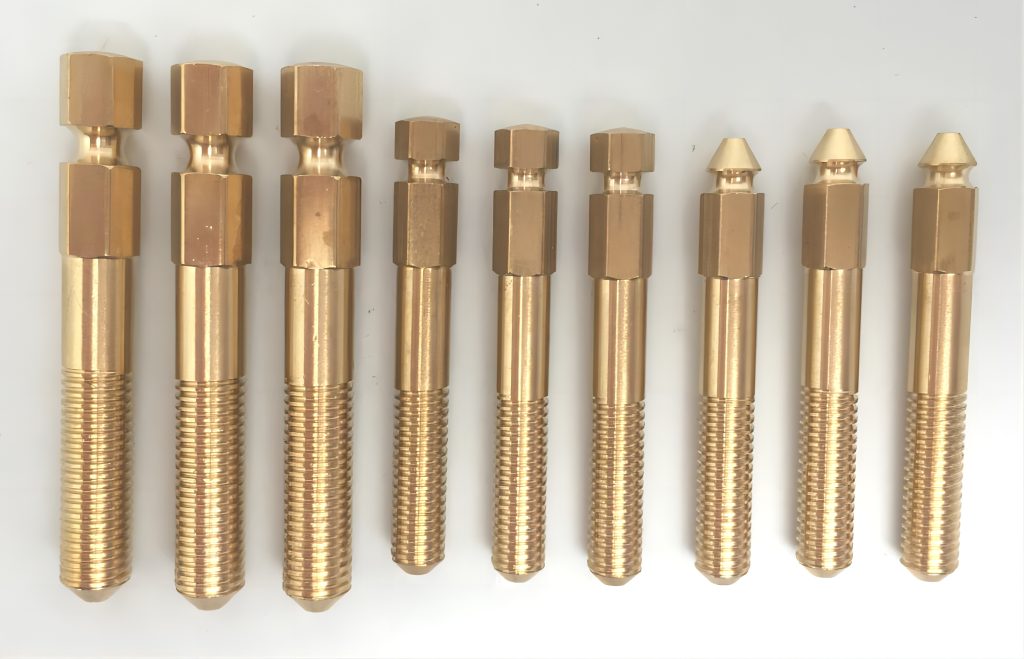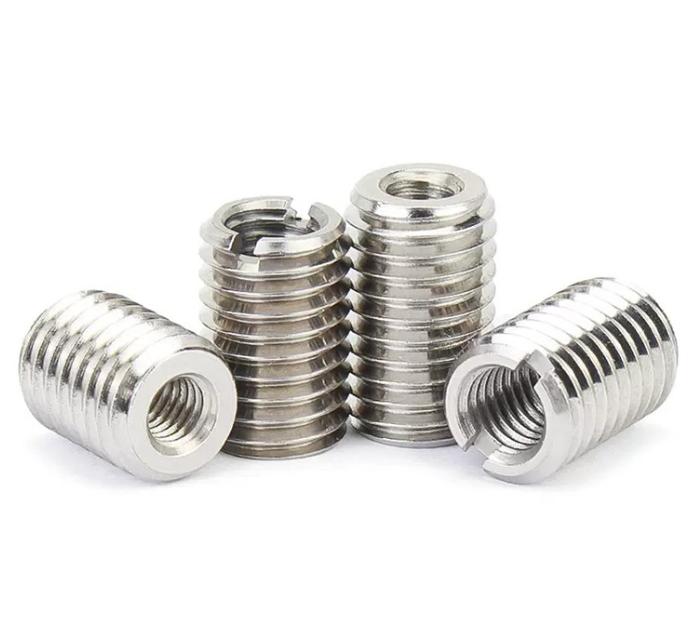How to Choose the Right Materials for CNC Machining
CNC machining is a versatile manufacturing process that can be used to create a wide range of parts and products. The choice of materials for CNC machining is an important decision that can affect the quality, performance, and cost of the finished product.

Factors to Consider When Choosing CNC Machining Materials
There are a number of factors to consider when choosing CNC machining materials, including:
Processing Environment
- Temperature: High temperatures can cause warping, melting, or reduced tool life for certain materials. Conversely, low temperatures might hinder flexibility and machining accuracy. Consider the environment where the finished part will operate and choose accordingly.
- Humidity: Excessive humidity can lead to rust or corrosion, particularly with metals. For applications in humid environments, opt for materials with inherent corrosion resistance.
- Contaminants: Dust, chemicals, or abrasive particles in the air can compromise surface finish and tool performance. Choose materials that can withstand potential contaminants or require minimal post-processing for optimal results.
Part Weight
- Cost: Heavier materials often translate to higher material costs. Conversely, lighter materials might require specialized machining techniques or have limitations in strength and rigidity.
- Machine Requirements: Heavy parts may necessitate larger, more powerful CNC machines, impacting production costs and capabilities. Carefully weigh the part’s function and weight requirements to find the most cost-effective and efficient solution.
- Performance: Lighter materials can improve fuel efficiency (e.g., aerospace parts) or enhance maneuverability (e.g., robotics components). However, they might not be suitable for applications requiring high load-bearing capacity.
Thermal Properties
- Melting Point: Materials with high melting points can withstand higher processing temperatures, allowing for faster machining speeds or intricate geometries. However, they might require specialized tools and coolants.
- Thermal Conductivity: Materials with good thermal conductivity efficiently dissipate heat generated during machining, minimizing tool wear and thermal distortion. This is crucial for high-precision or high-speed machining applications.
Electrical Conductivity and Magnetic Properties
- Electrical Conductivity: Highly conductive materials might create electrical interference during machining or affect the part’s intended function. For electrical applications, choose materials with appropriate conductivity levels.
- Magnetic Properties: Ferromagnetic materials (attracted to magnets) can be challenging to machine due to deflection caused by magnetic fields. Consider non-magnetic options for applications where magnetic interference is undesirable.

Hardness
- Machinability: Harder materials generally require slower cutting speeds, specialized tools, and higher tool wear. Softer materials are easier to machine but might not offer the same strength and durability.
- Performance: Harder materials can withstand greater loads and wear, making them ideal for structural components or tools. However, they might be more prone to chipping or cracking under impact.
Surface Finish
- Performance: A smooth surface finish reduces friction and improves performance in applications like gears or bearings. Conversely, a rougher surface might be desirable for grip or heat dissipation.
- Appearance: For aesthetically critical applications, choose materials that naturally offer a desired finish or can be easily polished or coated.
Aesthetics
- Visual Appeal: For consumer products or design elements, consider materials with attractive colors, textures, or unique patterns.
- Brand Image: High-end materials like titanium or carbon fiber can enhance brand perception and justify premium pricing.
Application
- Specific Requirements: Different applications have unique demands. For example, medical implants require biocompatible materials, while aerospace parts necessitate lightweight and high-strength options.
- Regulations and Standards: Certain industries might have specific material regulations or standards that must be adhered to. Research and comply with any relevant regulations for your application.
Budget
- Material Cost: Prices vary significantly between different materials. Consider the cost-benefit trade-off and find an option that balances performance with budget constraints.
- Machining Cost: Certain materials require specialized tools or techniques, leading to higher machining costs. Factor in these additional expenses when making your material selection.
Common CNC Machining Materials
A variety of materials can be used for CNC machining, including metals, plastics, and composites.
Metals are strong, durable, and can be used to create a wide range of parts. Common metals for CNC machining include:
- Aluminum: The lightweight champion, aluminum shines with its excellent machinability and good strength-to-weight ratio. Its corrosion resistance and thermal conductivity make it a star in aerospace, automotive, and medical applications. Think airplane panels, car rims, and prosthetic limbs.
- Steel: The dependable workhorse, steel offers unbeatable strength and durability. Its machinability varies depending on the specific alloy, but its affordability and resistance to wear and tear make it a mainstay in construction, tools, and industrial machinery. Picture bridges, gears, and surgical instruments.
- Titanium: The high-performance athlete, titanium boasts exceptional strength, light weight, and impressive corrosion resistance. Its biocompatibility makes it a darling of the medical world, while its heat resistance and strength endear it to aerospace and high-end consumer products. Imagine medical implants, rocket engine parts, and luxury watch cases.

Plastics are lightweight, inexpensive, and easy to machine. Common plastics for CNC machining include:
- Polypropylene (PP): The versatile workhorse, PP is affordable, strong, and chemically resistant. Its good machinability and low weight make it popular in automotive parts, food containers, and packaging. Think car bumpers, yogurt tubs, and bottle caps.
- Acrylonitrile butadiene styrene (ABS): The tough all-rounder, ABS combines good strength with excellent impact resistance. Its ease of machining and ability to take on various finishes make it a favorite for consumer products, toys, and automotive parts. Imagine phone cases, LEGO bricks, and car dashboards.
- Polycarbonate (PC): The transparent champion, PC boasts exceptional clarity and good strength. Its heat resistance and electrical insulation properties make it ideal for electronic components, safety equipment, and automotive lenses. Think LED lighting panels, motorcycle helmets, and car taillights.
Composites are made from a combination of materials, such as metals, plastics, and ceramics. Composites can offer a combination of properties that are not available in any single material. Common composites for CNC machining include:
- Carbon fiber: The ultimate strength-to-weight king, carbon fiber is incredibly strong and stiff yet light as a feather. Its thermal stability and ability to be shaped into complex geometries make it a darling of aerospace, automotive, and high-performance sports equipment. Imagine airplane wings, racing car chassis, and bicycle frames.
- Glass fiber: The affordable workhorse of composites, glass fiber offers good strength, durability, and chemical resistance. Its affordability and ease of manufacturing make it popular in automotive parts, construction materials, and marine applications. Picture boat hulls, electrical circuit boards, and wind turbine blades.
- Aramid fiber: The heat-resistant champion, aramid fiber boasts exceptional strength and resilience to high temperatures. Its fire-retardant properties make it a valuable asset in aerospace, military, and industrial applications. Think aircraft firewalls, ballistic vests, and high-temperature gaskets.

Choosing the Right CNC Machining Materials
The best way to choose the right CNC machining materials for your application is to consult with a qualified engineer or machining specialist. They can help you assess your specific requirements and recommend the materials that will meet your needs.
In general, you should consider the following factors when choosing CNC machining materials:
- The specific requirements of your application: What are the mechanical, thermal, electrical, and chemical properties that are required for the part?
- The budget for your project: How much are you willing to spend on materials and machining?
- The availability of materials: Are the materials you need readily available?
By carefully considering these factors, you can choose the CNC machining materials that will meet your needs and help you create a high-quality, durable part.

